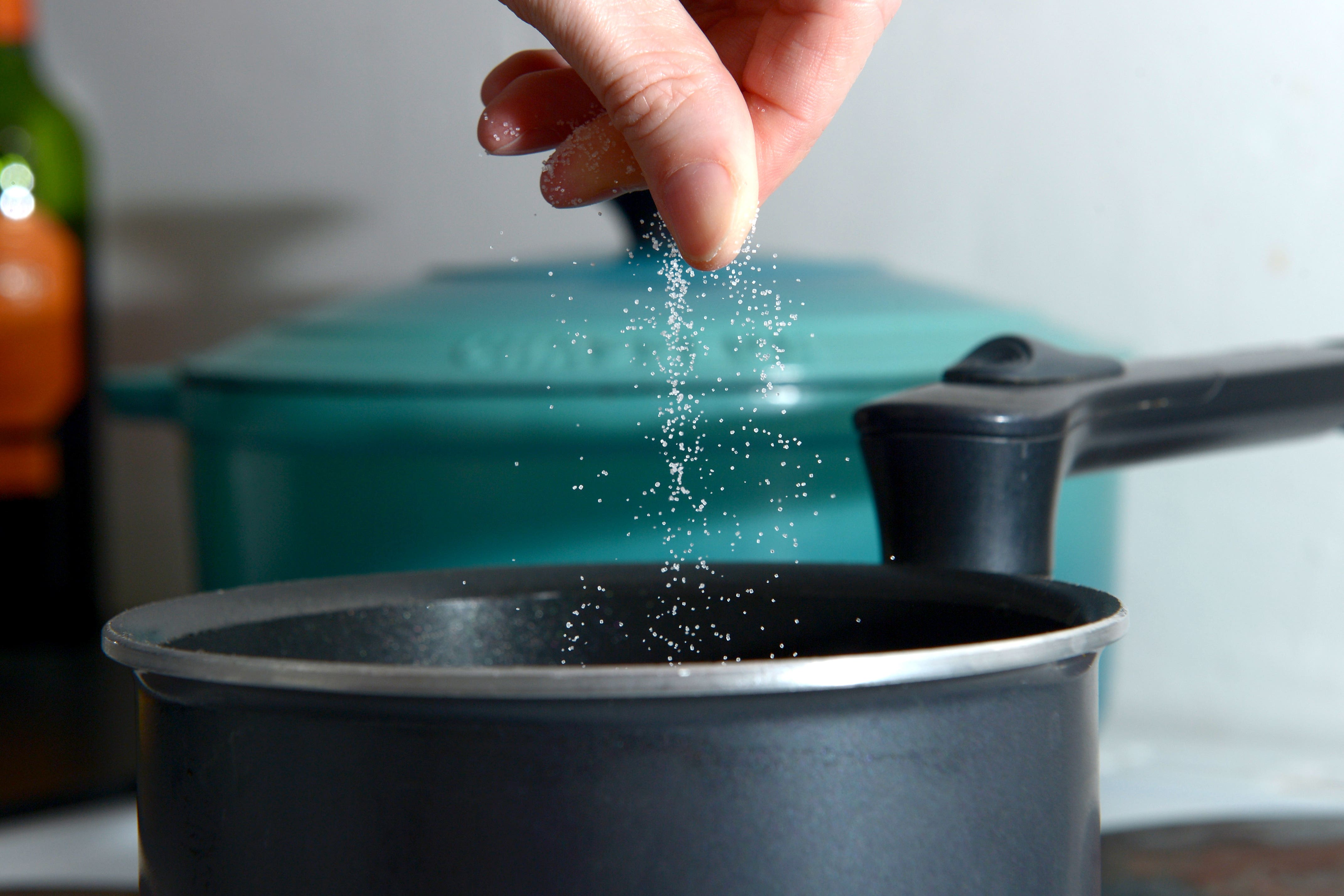Regularly adding salt to food linked to increased type 2 diabetes risk – study
Data showed adults with the highest salt consumption had a 39% increased risk of developing the condition compared with those who rarely used it.

Adding salt to food on a regular basis may increase the risk of developing type 2 diabetes, according to researchers.
Data from more than 400,000 UK adults shows that those who had the highest salt consumption had a 39% higher risk of developing type 2 diabetes compared to those who never or rarely used the ingredient.
The scientists said their findings, published in the journal Mayo Clinic Proceedings, were the first to show this association.
This study shows for the first time that taking the saltshaker off the table can help prevent type 2 diabetes
Lead author Professor Lu Qi, from the Tulane University School of Public Health and Tropical Medicine in the US, said: “We already know that limiting salt can reduce the risk of cardiovascular diseases and hypertension, but this study shows for the first time that taking the saltshaker off the table can help prevent type 2 diabetes as well.”
The NHS recommends adults should have no more than 6g (around one teaspoon) of salt a day.
The researchers looked at data from 402,982 adults aged between 37 and 73 from the UK Biobank – an online database of medical and lifestyle records of half-a-million Britons.
Questionnaires were used to assess how often they added salt to their foods but did not include salt used in cooking or the amount of salt that was consumed.
As we showed in the paper, the higher risk of type 2 diabetes was partly due to the increased body fat related to adding salt to foods
Professor Qi said the team focused instead on testing “a new behavioural indicator for long-term salt intakes”.
The researchers adjusted for factors including age, sex, ethnicity, physical characteristics including height, weight, and hip circumference, smoking, drinking, physical activity levels, income and education levels.
Prof Qi said: “We did carefully control a variety of such kind of factors in our analysis, lowering their potential influence on the results.”
Over a follow-up of nearly 12 years, more than 13,000 people developed type 2 diabetes.
The researchers found that people who self-reported “sometimes”, “usually” or “always” adding salt to their food had a 13%, 20% and 39% higher risk of developing type 2 diabetes respectively, compared to those who “never” or “rarely” used it.
This study adds to evidence suggesting salt intake is linked to a higher risk of developing type 2 diabetes
The team said further research was needed to understand why high salt intake was associated with increased diabetes risk but Prof Qi believes adding salt to food may encourage people to eat larger portions – increasing the risk of conditions such as obesity and inflammation.
He said: “As we showed in the paper, the higher risk of type 2 diabetes was partly due to the increased body fat related to adding salt to foods.
“Previous studies have also shown that salt intakes are related to abnormal blood pressure and inflammation, these may also contribute to the elevated risk of diabetes.”
Commenting on the study, Dr Faye Riley, research communications manager at Diabetes UK, who was not involved in the research, said: “It’s well known that too much salt can have a negative impact on our health, including raising blood pressure, which is a risk factor for type 2 diabetes.
“This study adds to evidence suggesting salt intake is linked to a higher risk of developing type 2 diabetes – though it does not say if or why salt is directly responsible for this, and further research to better understand this would be welcome.”
Lots of pre-packaged foods, like bacon, sausages, crisps, ready meals already contain salt. So remember to check food labels and choose those with less salt in them
She added: “Our advice is to try to limit yourself to a maximum of one teaspoonful (6g) of salt a day.
“Lots of pre-packaged foods, like bacon, sausages, crisps, ready meals already contain salt.
“So remember to check food labels and choose those with less salt in them.
“Instead of adding extra salt to your food, try out different herbs and spices to add in extra flavour.”